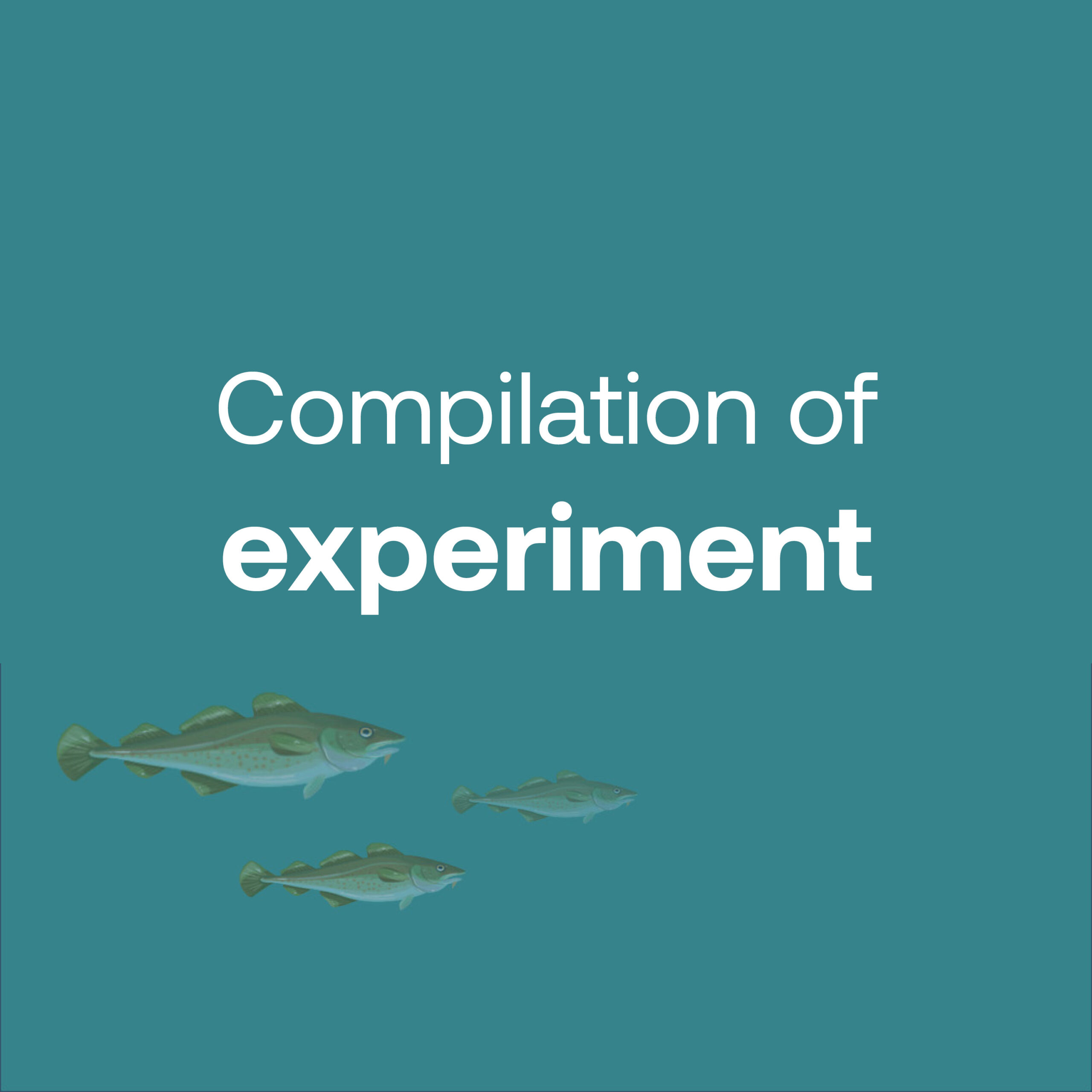That is the question many have been asking since the cod fishery was halted in 2019 and the fish still show no signs of recovery. A feeding experiment conducted by BalticWaters, as part of the large-scale project ReCod – release of small cod in the Baltic Sea, suggests that there is a solution to the puzzle.
Cod is one of the most important fish species in the Baltic Sea from an ecological, and previously economic, perspective. For a long time, cod fishing was a thriving industry, but in the 20th century cod started to struggle. Intensive fishing and changes in the marine environment led to a drop in catches from record levels of almost 500,000 tonnes in 1985 to collapsed levels and 0 quota today. To salvage the situation, cod fishing was stopped completely in 2019 in the hope that stocks would recover. Despite this, Baltic cod continue to experience growth problems, leading to the coining of the term ‘tie cod’.
To investigate the growth problem in more detail, an experiment was set up within the framework of BalticWater’s large-scale ReCod project. The hypothesis was that food quality and availability, including the presence of environmental toxins and the lack of essential nutrients such as vitamin B1 (thiamine), could play a role in the poor growth of cod. Cod from the eastern stock were caught and divided into two groups, one of which was fed sprat from the Baltic Sea and the other from Skagerrak and Kattegat. The idea was to see if the cod would grow better with one or the other diet.
The cod were placed in large tanks where they were allowed to swim freely and eat unlimited amounts. Over a period of 78 days, the growth of the cod was measured.
Conclusions
The experiment showed that it didn’t matter whether the cod ate Baltic or North Sea sprat – growth was the same in both groups. The results suggest that the poor growth is not due to what the cod eat or toxic substances in their food. Instead, it appears that there is simply not enough food in the sea. The study also shows that when cod are given enough food in controlled environments, such as at the Ar research station where the ReCod project is being carried out, they grow well, almost to the maximum of what they can grow, and can reproduce successfully. This gives us valuable knowledge on how to help rebuild cod stocks in the Baltic Sea. An undeniable first step is to ensure that there is food for the cod, which could be achieved if the industrial feed fishery for sprat was banned.
A summary of the experiment in Swedish is available below.

